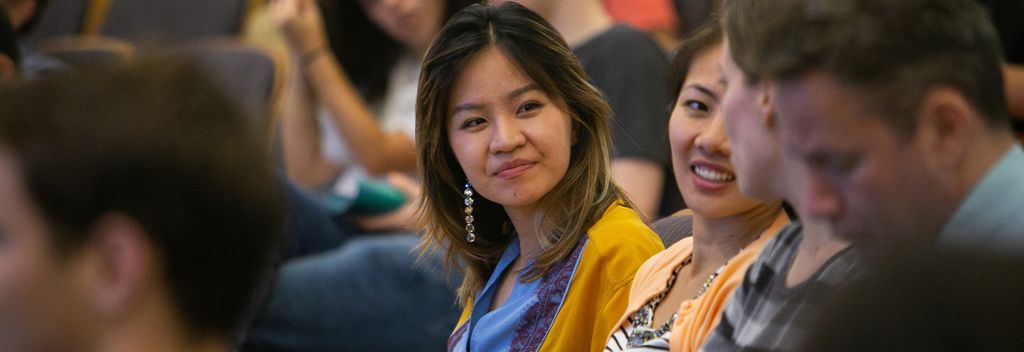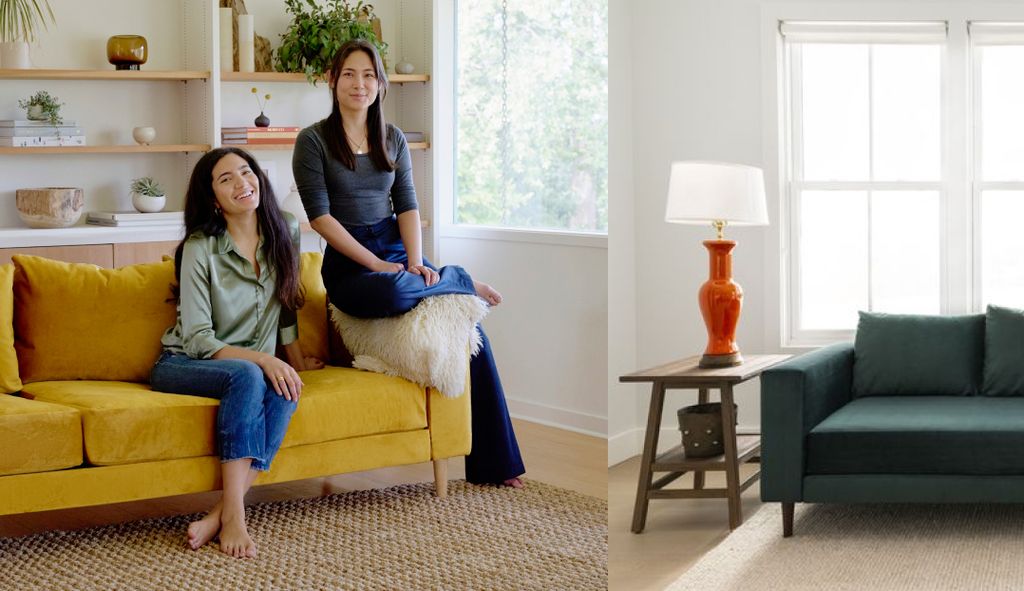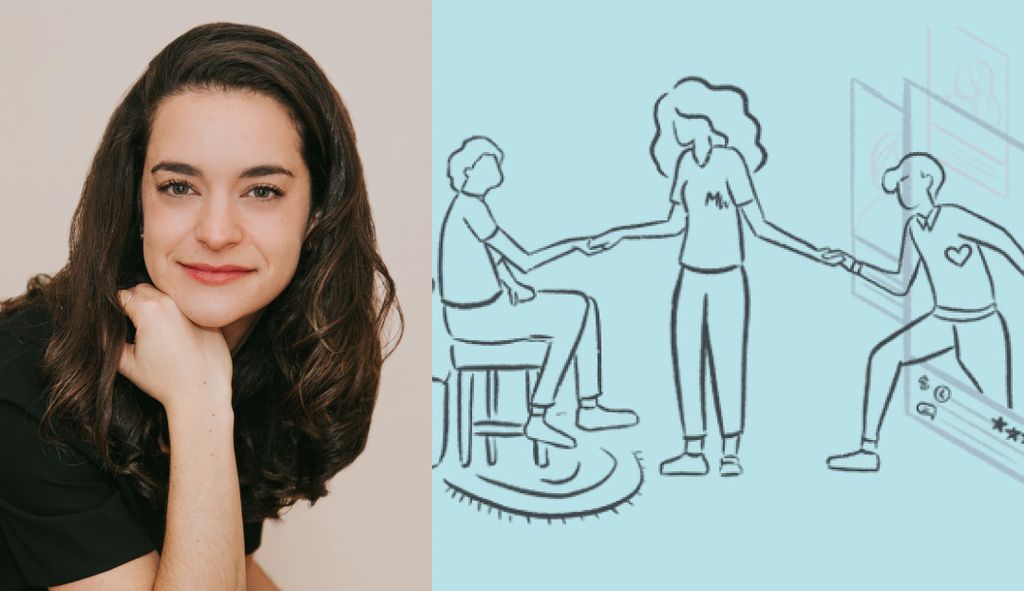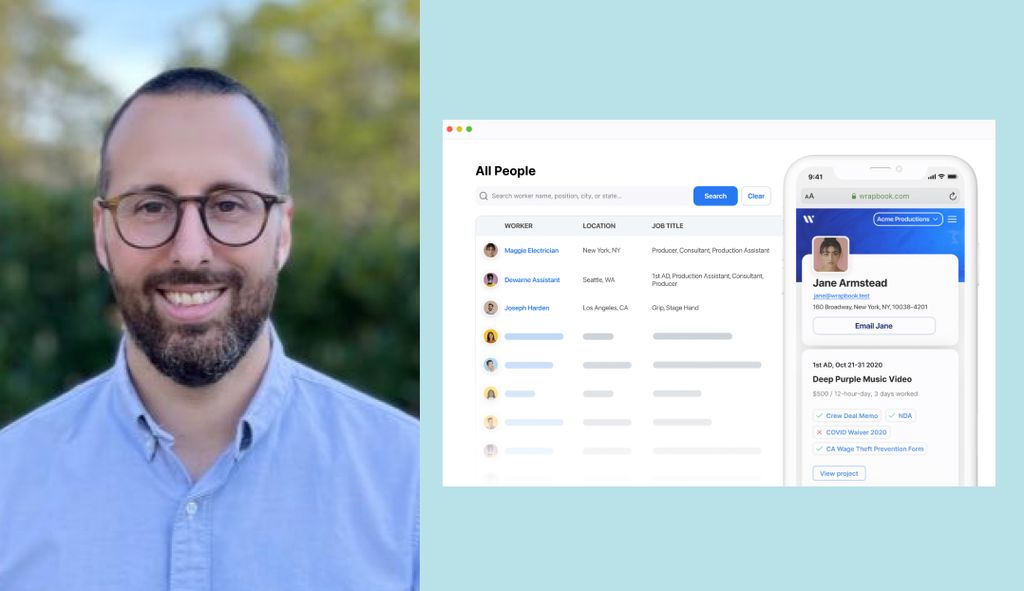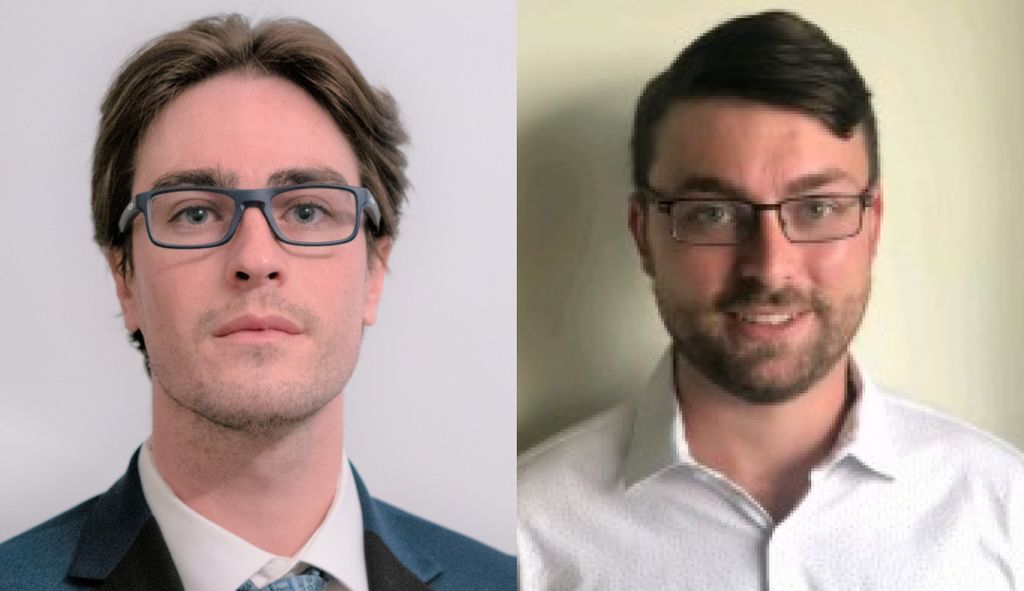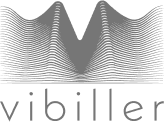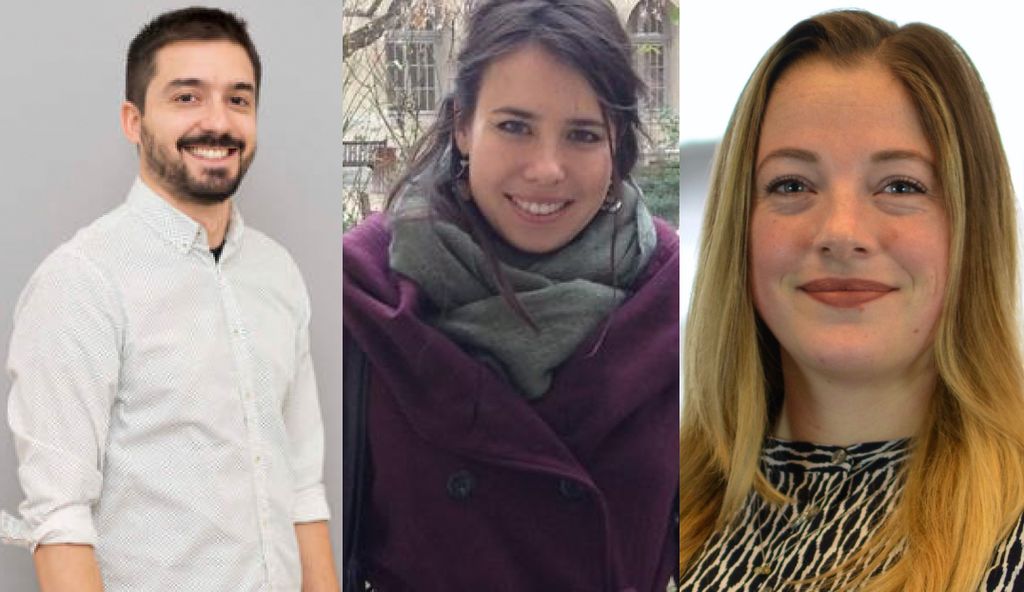
Responsive to Need, Driven to Scale
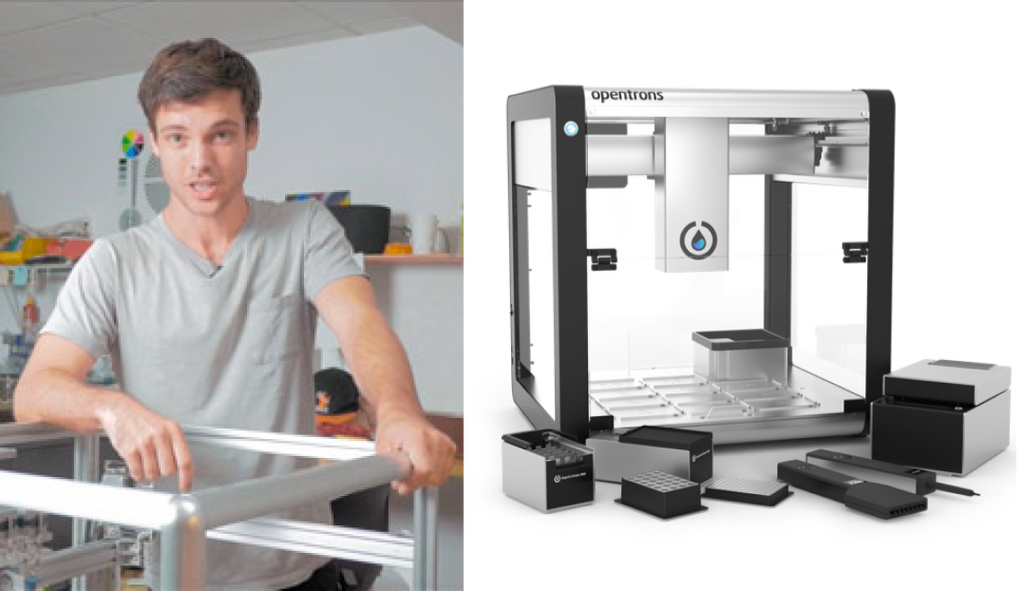
Co-founder:
Will Canineopens in a new window (Tisch '14)
Will Canine has always had his eye on scale when it comes to solving problems. Opentrons, which grew out of his thesis at Tisch’s ITP (Interactive Telecommunications Program) and is a longtime NYU Innovation Venture Fund portfolio company, offers low-cost robots for biology labs to automate operations and easily share protocols. The O-2 robot costs as little as $5,000 and can unshackle biologists from monotonous lab work and liberate them to more fulfilling pursuits.
During the pandemic, Opentrons amplified its offerings by stepping in to solve one of the most pressing problems of the day: diagnostic molecular testing at scale. Via its Pandemic Response Labopens in a new window, Opentrons provided affordable, high-throughput testing—particularly for COVID-19—for hospitals and health systems. In September 2021, Opentrons raised $200 million from the Softbank Vision Fund among others, and the company’s valuation has grown to $1.8 billion.
